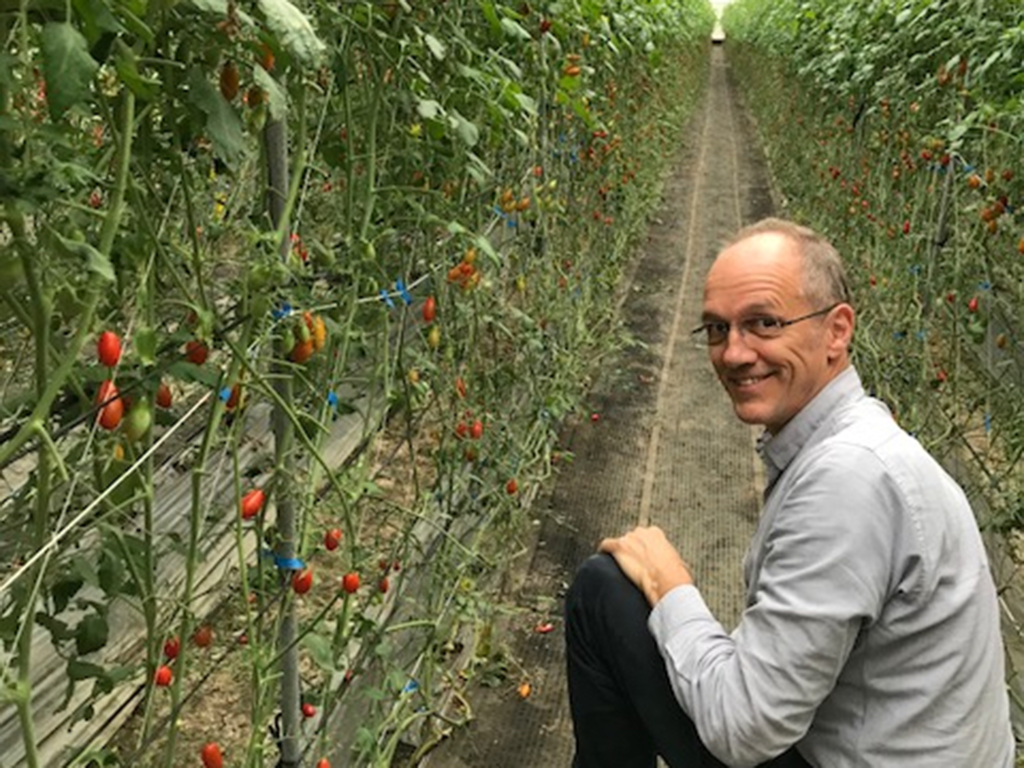
The publication of this 12th edition of the AIRCA newsletter is a timely moment to update you on some staff changes within AIRCA. In their September virtual meeting, AIRCA DGs said goodbye to two true AIRCA pioneers: David Molden of ICIMOD and Trevor Nicholls of CABI. Both have retired recently from their respective positions. David and Trevor were among those who placed AIRCA on the map and I am very grateful for all the hard work they put into AIRCA, shaping it into the coalition of centers as we know it now. I look forward to meeting their successors, Pema Gyamtsho at ICIMOD and Daniel Elger at CABI in the not too distant future. In their September meeting, AIRCA DGs also sincerely thanked Marita Dieling, who resigned as executive secretary of AIRCA, and welcomed Peace Tusasirwe, our new executive secretary, based at CABI in Kenya.
This edition of the AIRCA newsletter features work from our member centers in different areas touching upon food and nutrition security, whilst the world is still grappling with the consequences of the COVID-19 pandemic. We featured some of AIRCA’s responses to the pandemic in AIRCA newsletter 11.
In this newsletter, ICIMOD highlights escalating food and livelihood insecurity issues related to the pandemic in Nepal. ICIMOD also zooms into their recently published policy paper on what COVID-19 means for mountain communities in the Hindu Kush Himalaya (HKH) region. The recommendations made are meant to guide HKH governments in planning their recovery and building back better for a more prosperous future in the face of climate change. As Eklabya Sharma, ICIMOD’s Deputy Director General puts it: ‘We will have a vaccine for COVID-19, but there’s no vaccine for climate change’.
The Middle East and Northern Africa countries are also severely affected by climate change as this part of the world faces more frequent and severe dry spells. ICBA reports on work in collaboration with the National Aeronautics and Space Administration (NASA) to generate accurate root zone soil moisture data for rainfed areas using satellite imagery, ground-based observations, and modeling techniques. This work enabled ICBA to assist government institutions in Tunisia, Jordan, Lebanon, and Morocco to operationalize their drought monitoring and management systems.
The World Vegetable Center makes a convincing case for ‘traditional vegetables’. These are crops that are grown in their region of origin or were introduced many generations ago. They are generally sturdier and more nutritious than vegetables traded globally but tend to be under-utilized. The authors show how they can be integrated into today’s food systems and how their rapidly eroding diversity can be countered.
icipe reports on testing of selected biopesticides already commercialized for control of diverse pests for their effectiveness against the highly destructive fall armyworm, a pest that infests more than 100 plant species, including maize, sorghum, rice, and sugarcane as well as a variety of horticultural crops. Two of these proved to be effective and these are now being scaled out through a Kenya-based biocontrol company. Testing of new strains against fall armyworm has been fast-tracked and is in an advanced stage thanks to an enabling policy and regulatory environment within the East African Community.
As a direct result of the pandemic, CABI reports a sharp increase in the use of online tools and information within the Plantwise Knowledge Bank, a global gateway to practical plant health information. Online workshops and training on plant health diagnostics and best-practice pest management advice have become the norm.
IFDC reports on the exciting news that Dr. Andre Bationo has been awarded the 2020 Africa Food Prize. You will learn more about this outstanding individual in this newsletter.
I hope you will find this edition of our newsletter informative and we look forward to your feedback!
Marco Wopereis
AIRCA chair